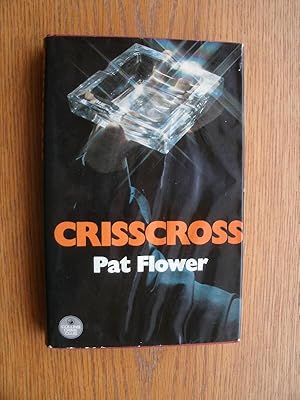My perfect book. And to think that I bargained the price down at the Paperback Bookshop in Melbourne: it was in poor nick and I asked for another copy. But it was this or nothing, it had ten years of shelf wear adding character to its look, and the person selling let me have it for $10. Perfect because it is everything a novel should be. For a start, that title, worth ten bucks on its own. It is laugh out loud (with monotonous regularity) hilarious and harrowingly sad. It has a sort of sociological background, being a look at what happened after the last financial crash from the point of view of an American type that might have been rather neglected by the press at the time. Ordinary middle class people whose financial status consists largely of a house, and as its theoretical value goes up they invest that purely theoretical value into improvements, extensions: aspirations. So when suddenly their house is worth nothing much and they are in debt, there is no way out.
And from that point we see what happens next in such very ordinary families, probably the backbone of the Democratic party in the US. What happens next is secrets and fears, outlandish ways forward, inevitable steps back. It’s astonishing just how believable our hero’s completely insane plans are. Well, of course, I kept thinking. Wonderful book! I’d never heard of the author, but I am on a mission to read the rest.
It strikes me, having called this ‘perfect’, that the last time I said that was about another book with the same setting of the last financial crash, Moral Hazard, by Kate Jennings. It’s like something good did come of all that suffering, though one might argue that a couple of thin books aren’t really enough. Here in Australia we missed the whole thing, and if it hadn’t been for my reading of such books, I wouldn’t really understand what an appalling event this was in the history of the US in particular. Yes, we had all those documentaries about Republicans losing their everything and becoming Amazon workers on the road, telling us all how good that was. Keep optimistic. Look at the bright side of losing your whole material life. But this is a different sort of person altogether and I’m glad to have read about their miserable lives.



